Northern Beaches Council set to debate cost cutting, efficiency to offset 40 per cent rate rise
A series of motions aimed at cutting costs and improving efficiency in the wake of a Sydney council’s decision to pursue a 40 per cent rate increase are set to be debated.
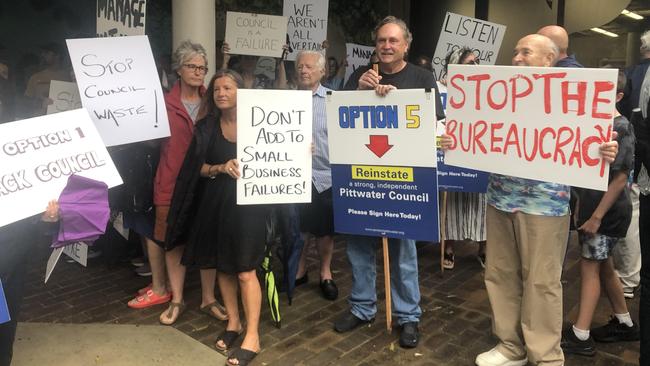
Manly
Don't miss out on the headlines from Manly. Followed categories will be added to My News.
Northern Beaches Council is set to debate a series of motions aimed at cutting costs and improving efficiency in the wake of its decision to pursue a 40 per cent rate increase.
Councillors will be asked to debate whether it needs to slash funding to non-essential items such as community events such as food markets, or funding art galleries and theatres, at Tuesday night’s council meeting.
The council will also be asked to vote on whether it should lobby the state government to amend the rules around capping rate rises so councils have greater flexibility in setting rates.
The motions come in the wake of the council’s decision last month to apply to the Independent Pricing and Regulatory Tribunal for the special rate rise of 40 per cent over the next three years.
The council has argued the rise was needed to fill the gap in its rates income that has put its “long-term financial stability at risk”. It has said that in the past four years, rate increases – under the NSW Government’s rate capping system – were less than half the rate of inflation.
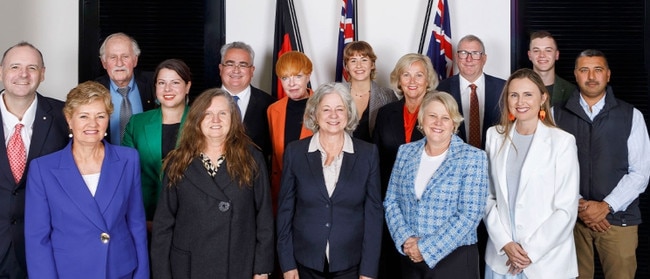
At Tuesday’s meeting, the council will be told that an “underlying operating deficit of $5.1m is forecast for the 2024-25 financial year”.
In a message to ratepayers posted on the council website, Mayor Sue Heins argued
the rate rise was needed to improve services and maintain council infrastructure.
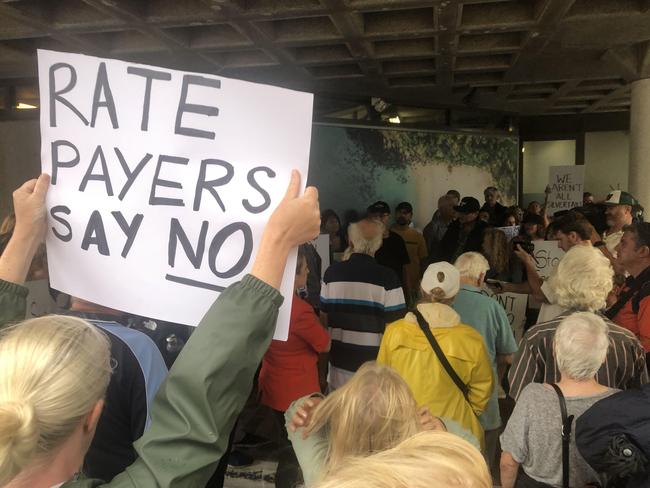
“No one wants to ask our community to pay more for services, but the gap in our income from rates has put council’s long-term financial stability at risk,’’ she said.
“Skyrocketing inflation, increasing construction costs, loss of income from the pandemic and massive cost shifting from other tiers of government is something we cannot catch up with by cutting services alone.”
Ms Heins also argued that the existing rate cap funding model – in which IPART sets a maximum limit each year for councils to raise rates – was “broken”.
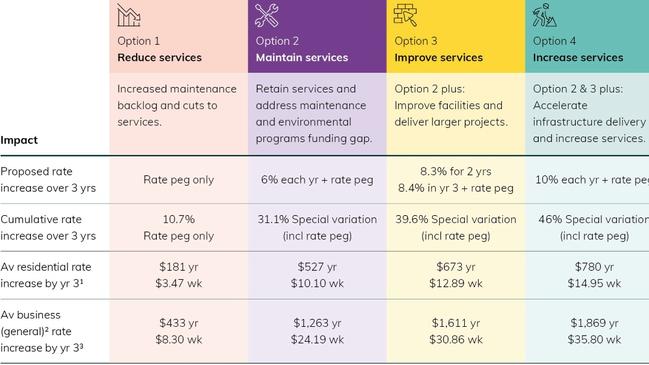
“Clearly the system the government has in place is not sustainable for councils and the only way we can keep on top of maintaining our pools, playgrounds, beaches, libraries etc is to go through this difficult IPART process.”
Your Northern Beaches Independents Team councillor Joeline Hackman, who voted against pursuing the increase, submitted a motion requiring the council to review community events that it funds in an effort to save money.
Cr Hackman will argue that some events could be run by local business or supported by private sponsorship.
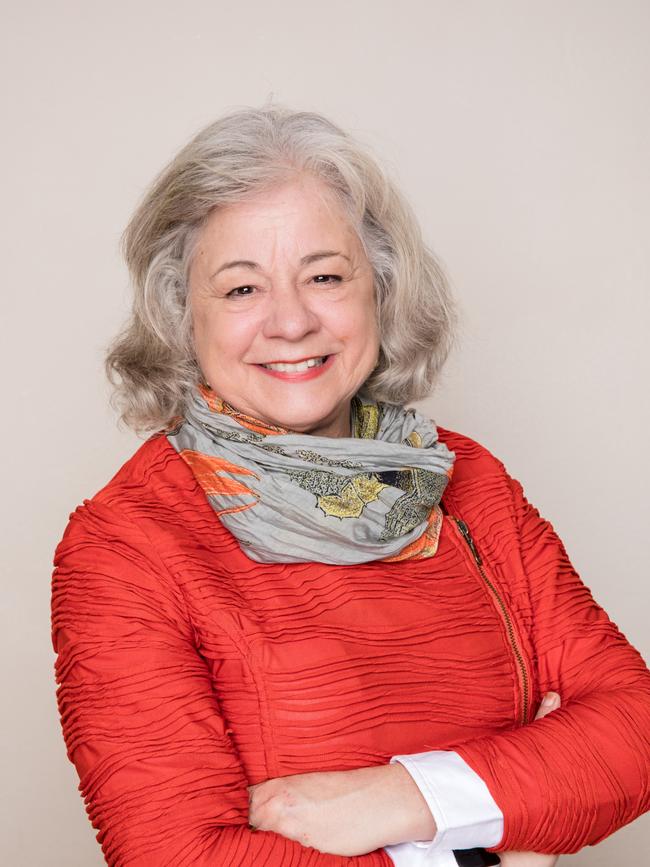
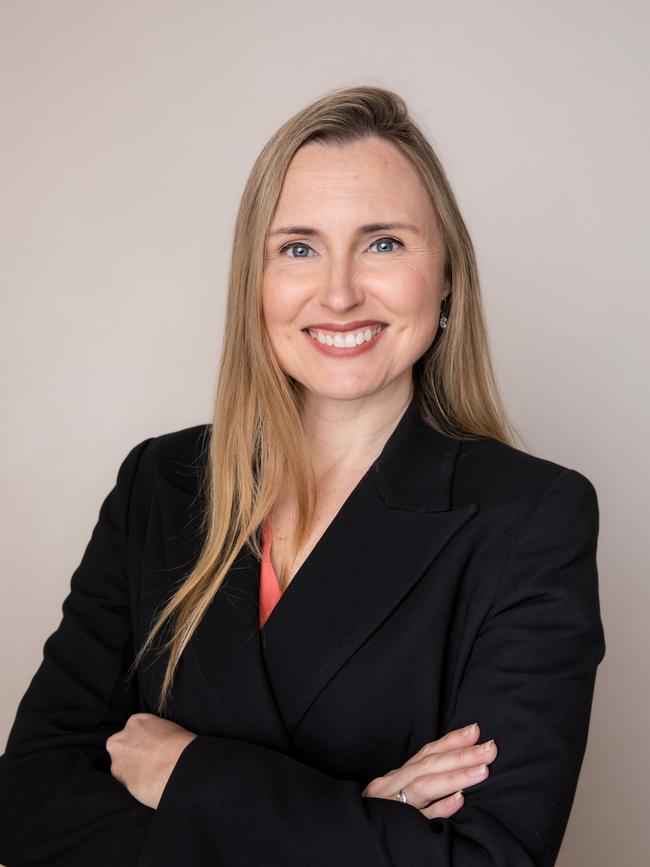
She will also push for the council to lobby the state government to adopt the recommendations of a NSW Parliamentary Inquiry into the ability of councils to fund infrastructure and services, which includes redesigning the rating system to provide councils with greater flexibility in setting rates.
“Ultimately we need to review the detail of assets and services, tighten our belts and prioritise allocation of funds to safeguard our community and prepare for the future, while advocating for structural reform and respecting the financial pressures our residents face,” Cr Hackman stated in support of her motion.
Your Northern Beaches Independents councillor Nick Beaugeard, who supported the rate rise, submitted a motion calling for a report to councillors, detailing the cost of all council services, so budget priorities could be discussed at a “strategic weekend workshop” next month.
Greens councillor Kristyn Glanville, who opposed the rate hike, has a motion calling for a report looking at the way the benefits to the public are calculated when public money is spent on large infrastructure projects, so the council could “make responsible financial decisions”.





